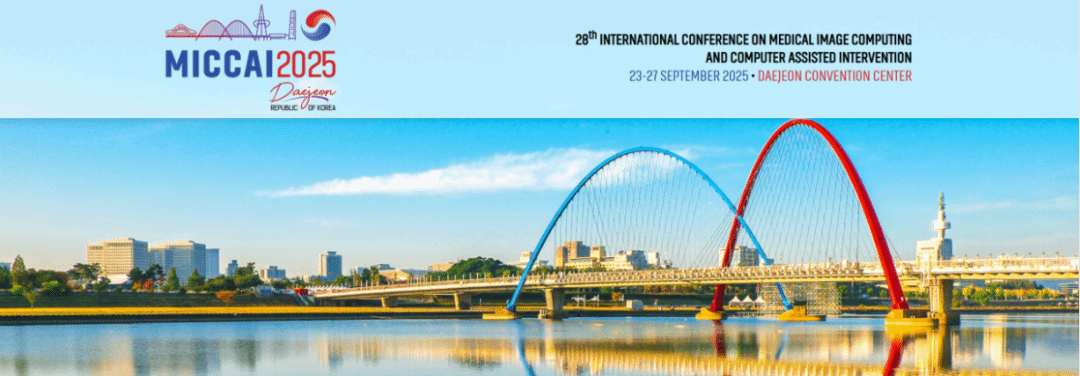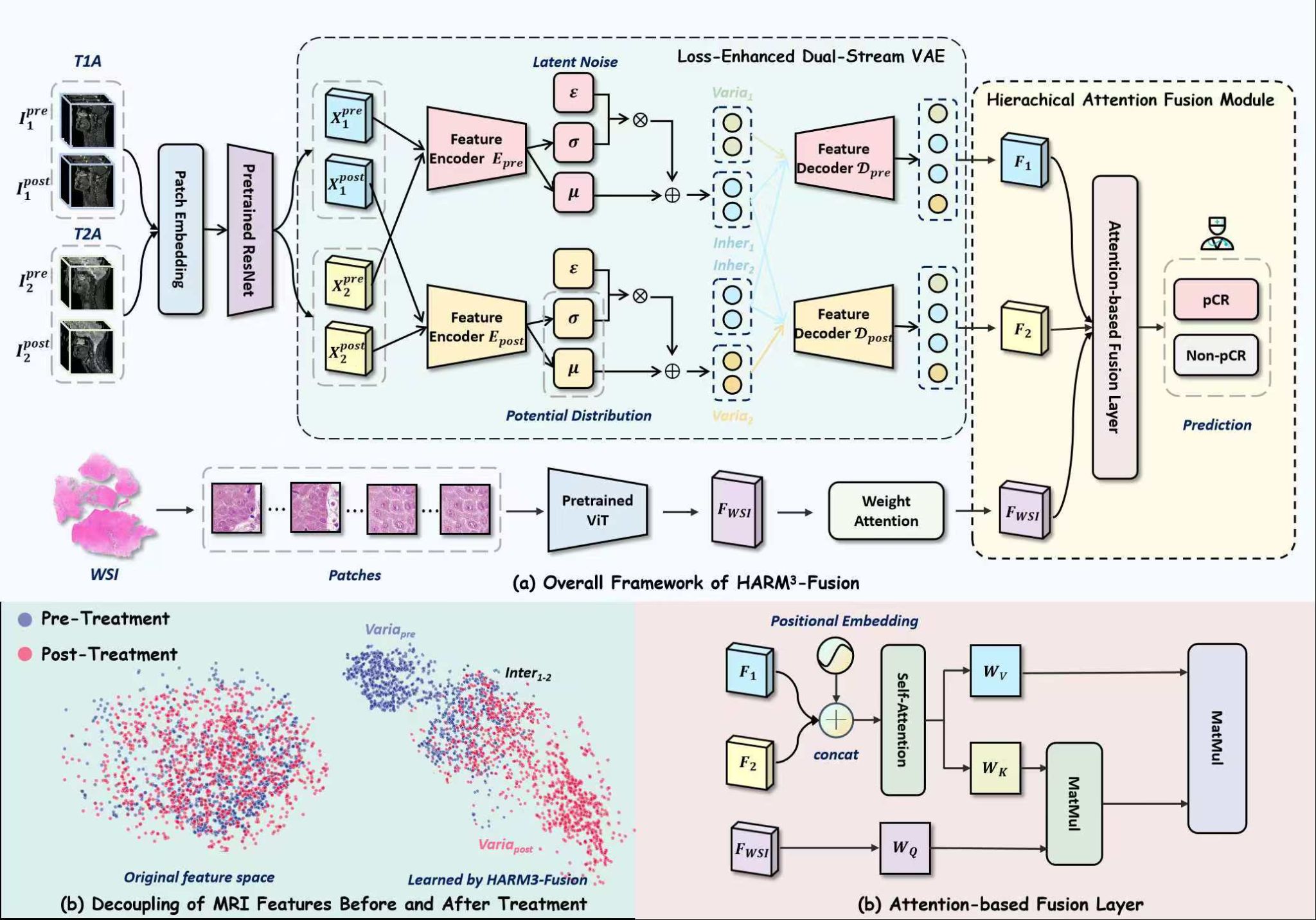
The prestigious 28th International Conference on Medical Image Computing and Computer-Assisted Intervention (MICCAI 2025) has announced the acceptance of cutting-edge research from Shenzhen MSU-BIT University. The paper, titled HARM³-Fusion: Hierarchical Attentional Representation Learning of Multi-Modal, Multi-Temporal, and Multi-Sequence Fusion for Pathological Complete Response Prediction of Head and Neck Squamous Cell Carcinoma, represents a collaboration between the Engineering Department of Shenzhen MSU-BIT University (SMBU) and the Guangdong Key Laboratory of Intelligent Perception and Computing. Wang Jianye and Liu Xinyue, both third-year undergraduates from SMBU's Engineering Department, serve as co-first authors, with Associate Professor Zhao Weibing as the senior author.
The ability to accurately predict the pathological complete response (pCR) of head and neck squamous cell carcinoma (HNSCC) following neoadjuvant chemoimmunotherapy is crucial for formulating subsequent personalized treatment strategies. The pCR results directly determine follow-up surgical and organ preservation plans. Unfortunately, current pCR assessment methods rely on invasive whole-slide imaging (WSI) biopsies that suffer from sampling bias, creating an urgent clinical need for non-invasive, reliable, and clinically viable prediction approaches to enhance personalized HNSCC treatment. The team's proposed HARM³-Fusion framework is the first hierarchical attention-based multi-modal fusion architecture for HNSCC diagnosis. It innovatively integrates multi-modal, multi-temporal, and multi-sequence MRI and WSI data, and introduces a novel method for temporal feature decoupling and multi-modal fusion. This aims to accurately predict pCR status after neoadjuvant therapy in HNSCC, ultimately guiding personalized clinical treatment decision-making.

Another paper supervised by Associate Professor Zhao Weibing, titled Cervical-RG: Automated Cervical Cancer Report Generation from 3D Multi-sequence MRI via CoT-guided Hierarchical Experts, was also accepted by MICCAI 2025. This work features Zhang Hanwen, Long Yu, and Fan Yimeng, graduate students in the SMBU Special Program, as co-first authors.
MICCAI is organized by the Medical Image Computing and Computer-Assisted Intervention Society. It is a comprehensive academic conference spanning the two fields of medical image computing (MIC) and computer-assisted intervention (CAI), and is recognized as one of the most influential conferences in the domain. Since its inaugural meeting in 1998, this international conference has convened annually, with the upcoming 28th edition marking nearly three decades of scientific advancement. The 28th MICCAI conference will be held in Daejeon, South Korea, from September 23 to 27 this year. A total of 3,677 papers were submitted to this year's conference, of which 1,014 were accepted, resulting in an acceptance rate of 29%.